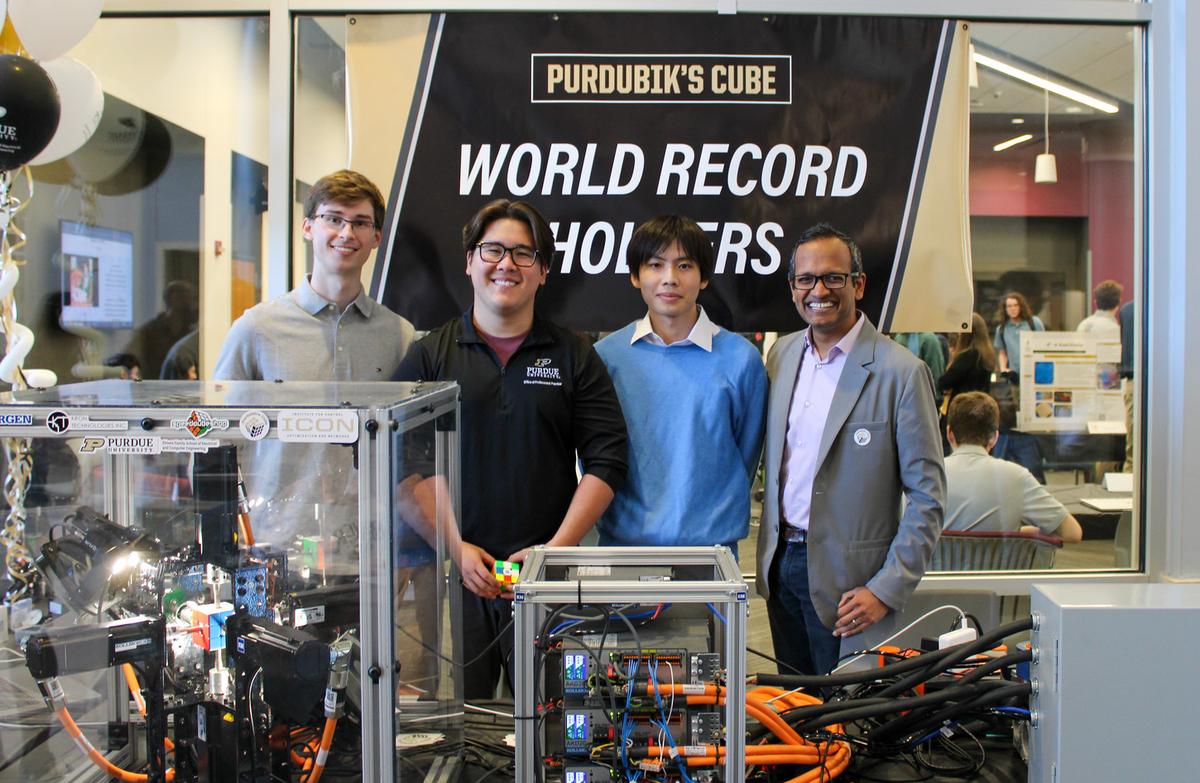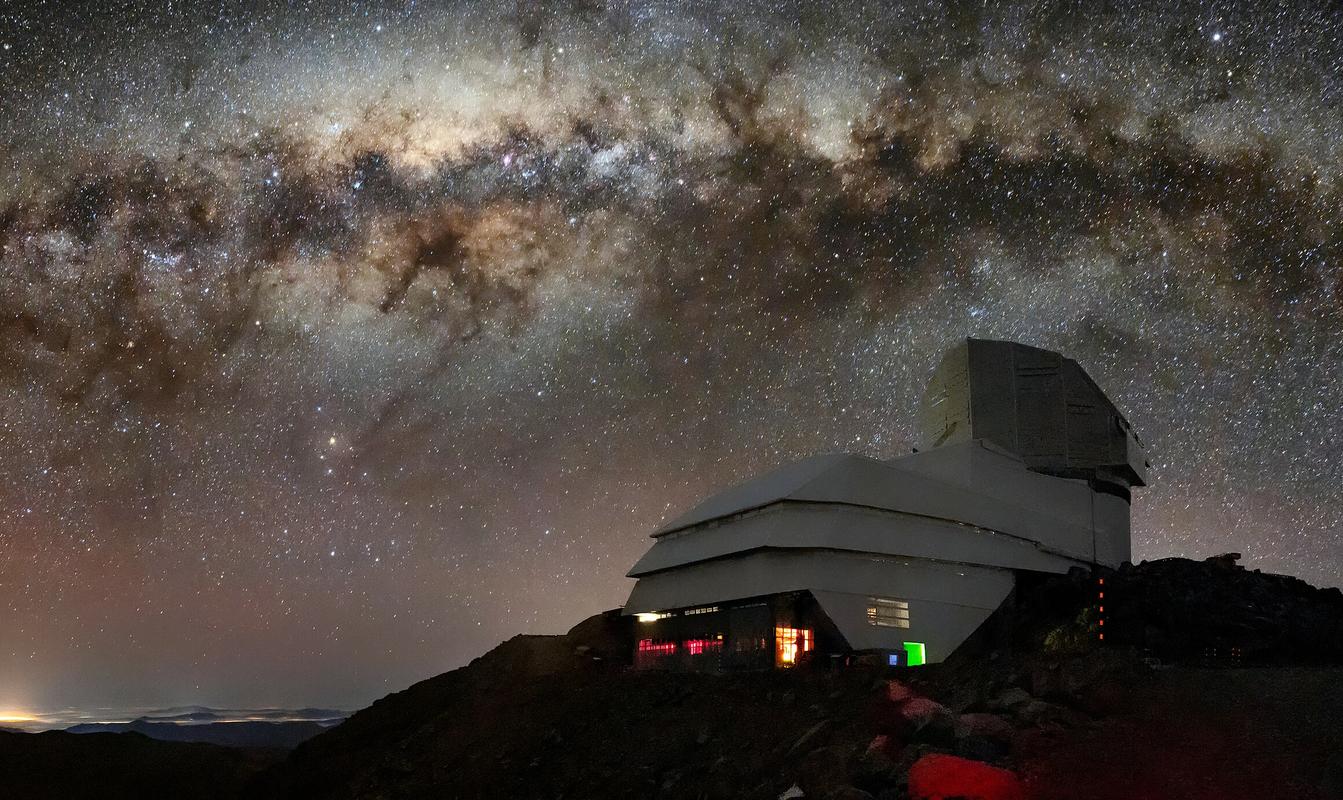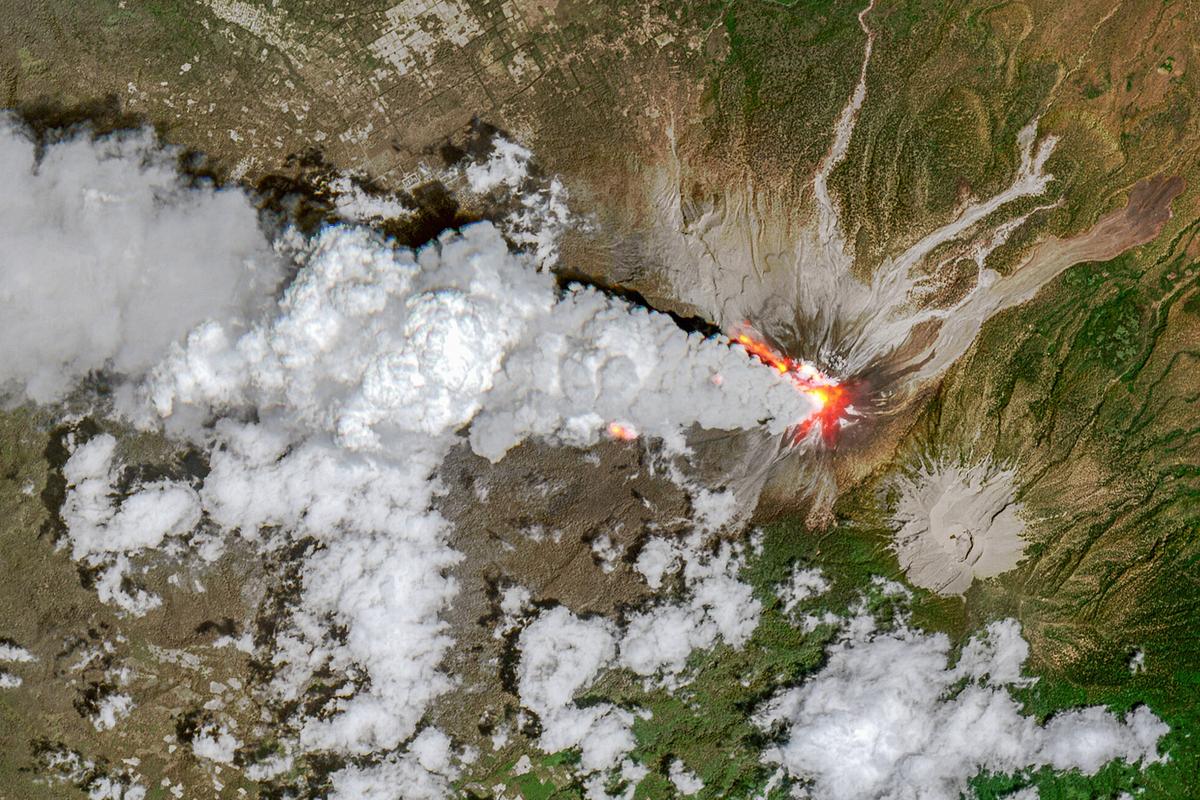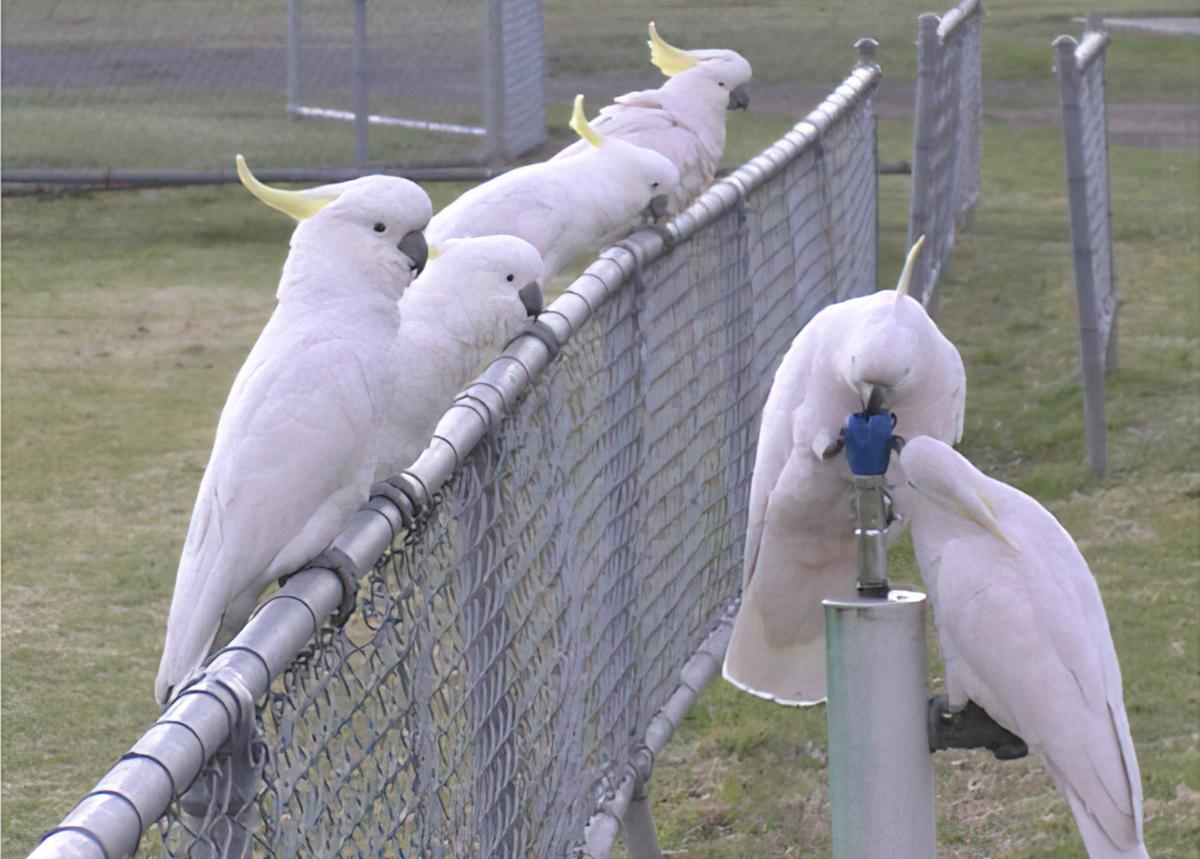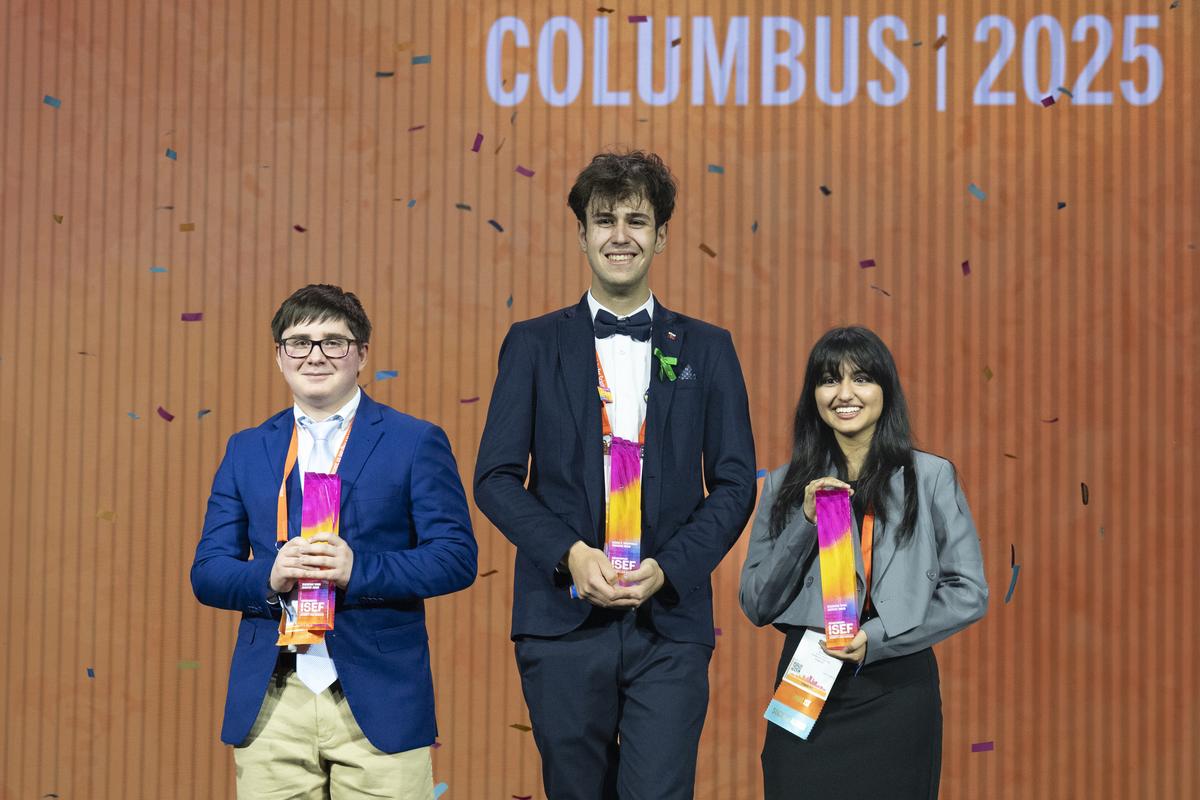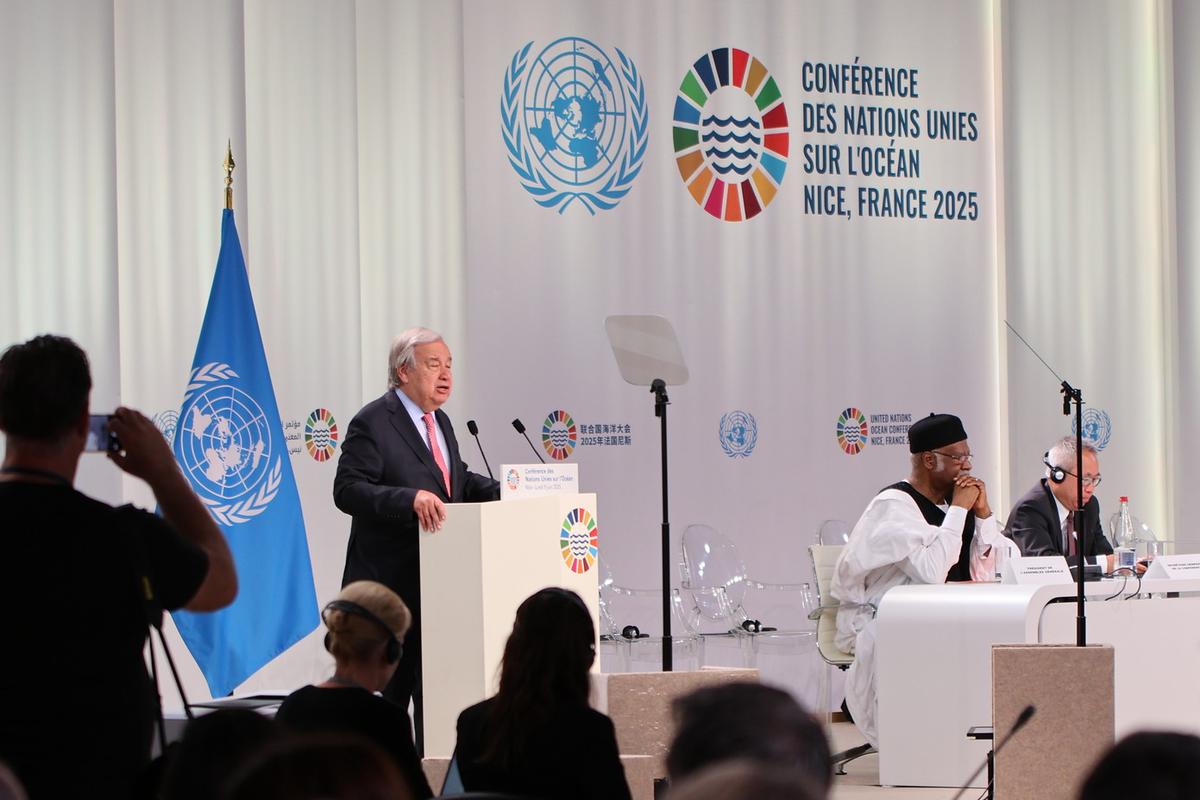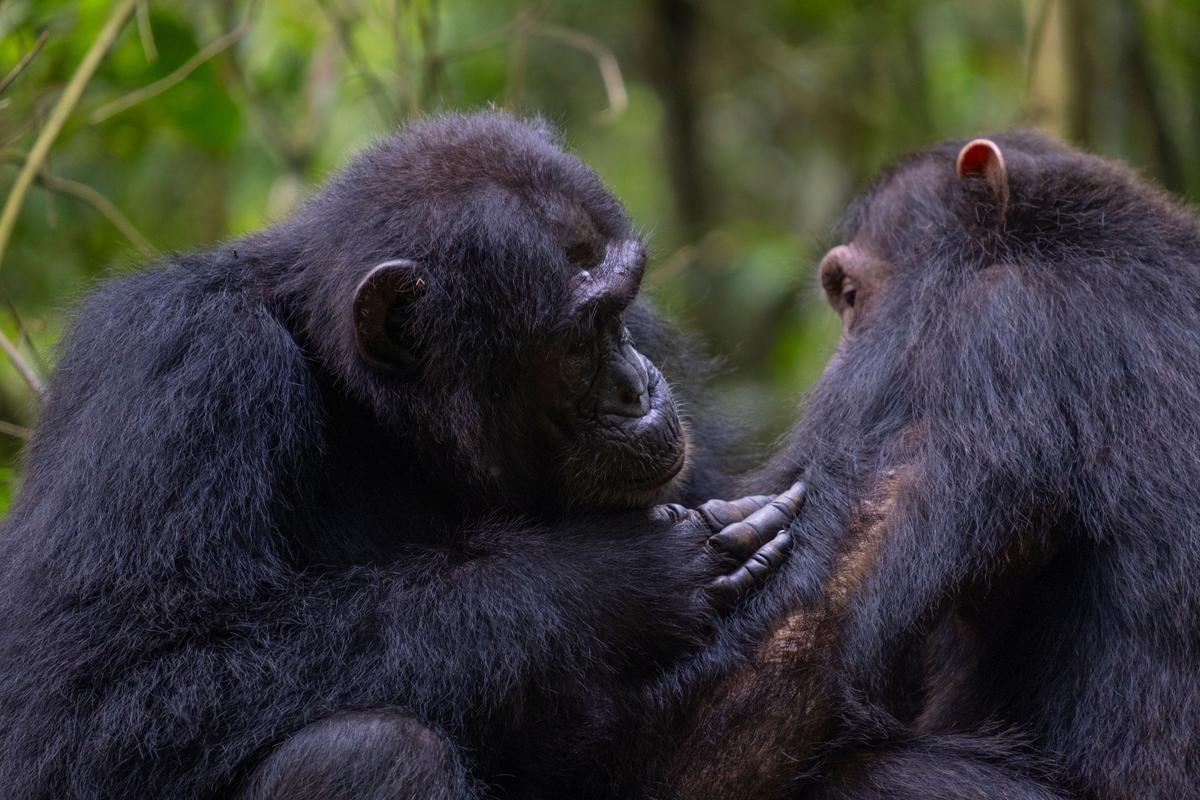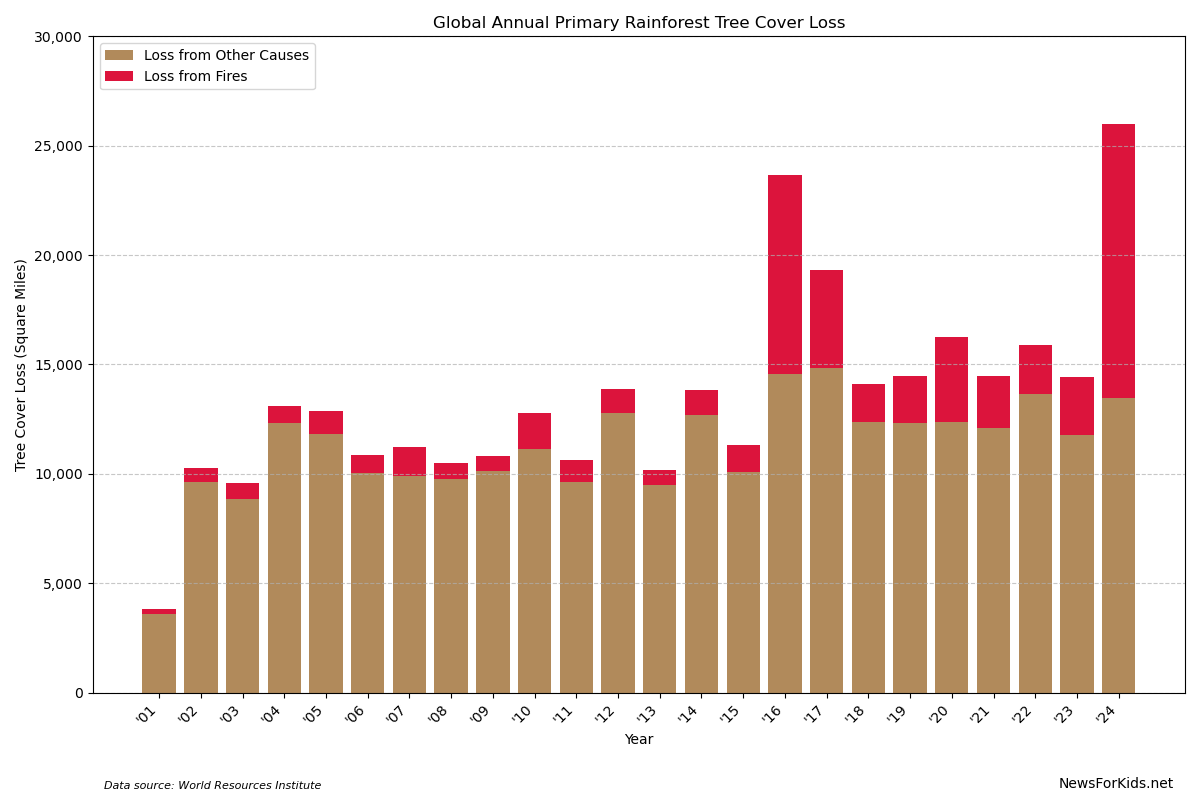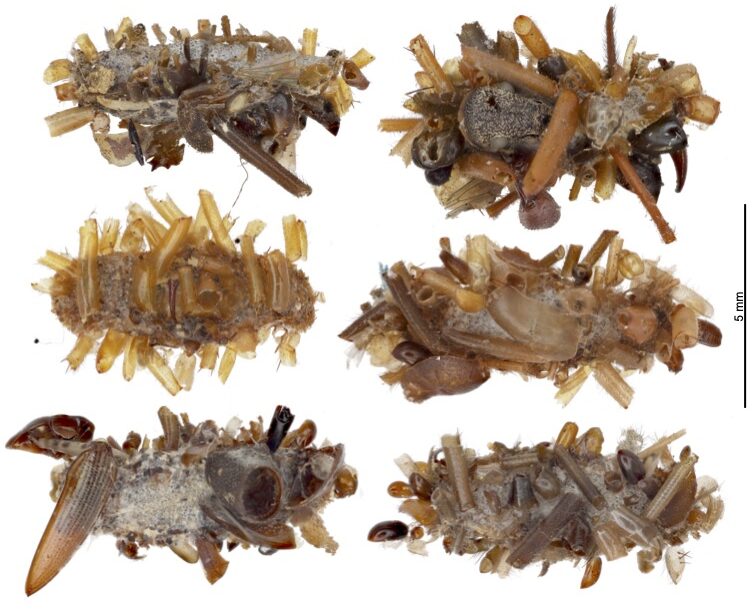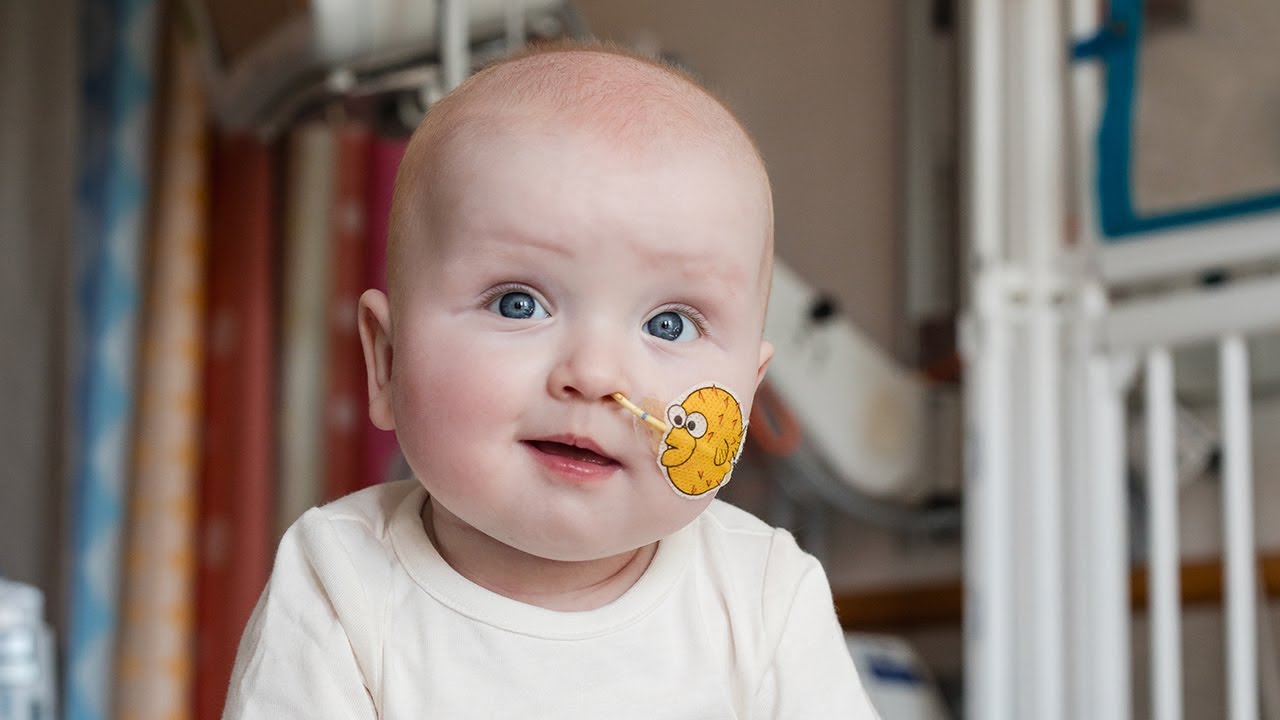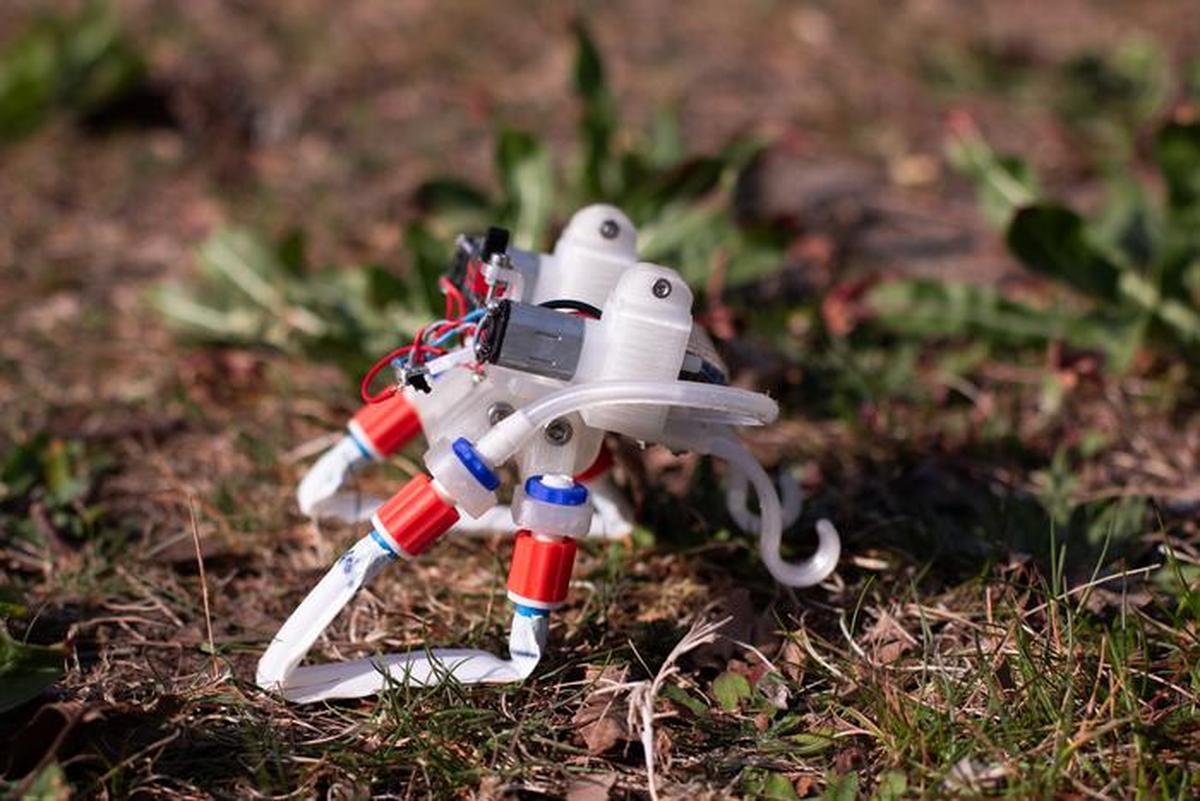Students at Purdue University have created a robot that can solve a Rubik's Cube faster than any robot ever. The robot, which they call "Purdubik's Cube", solves the cube in just 0.103 seconds. That's faster than the time it takes to blink your eyes.
Published in “Science”
On Monday, scientists released the first pictures taken by the Vera C. Rubin Observatory in Chile. The observatory has a powerful new telescope that's designed to take complete pictures of the southern night sky over the next ten years. It's expected to bring huge changes to the way scientists study space.
On Tuesday, a volcano in Indonesia called Mount Lewotobi Laki-laki, erupted. The eruption sent a huge cloud of ash and smoke 6.8 miles (11 kilometers) into the sky, causing serious problems with air travel to and from popular tourist sites in Indonesia. No injuries have been reported.
Scientists have been studying a group of cockatoos in Sydney, Australia that have a clever trick: they've figured out how to drink from water fountains. The birds use one foot to turn the fountain's handle and then lower their head to the spout, allowing them to drink.
In mid-May, the 2025 International Science and Engineering Fair was held in Columbus, Ohio. It's the world's largest science contest for students who haven't gone to college yet. The grand prize went to a student from Slovakia for a new way of making a medicine.
On Monday, scientists and government leaders came together in Nice, France for the third United Nations Ocean Conference. The meeting is focused on the many challenges facing the world's oceans, and what can be done to help. The event comes as the US has suddenly taken a step back from protecting the oceans.
Scientists have long known that chimpanzees sometimes use leaves or insects as medicine. Now, researchers studying chimpanzees in Uganda have discovered that the animals will sometimes provide "first aid" to each other. This suggests that chimpanzees may be able to think about how to help others, as well as themselves.
Last year, the world lost more forests than ever before. The biggest cause of this loss was fires. Land clearing for farming and other human activities was also a major cause. The results are very worrying for the planet, which relies on forests to help fight climate change.
Scientists in Hawaii have discovered a new species of moth, and its caterpillar has an unusual lifestyle. It lives in spiders' webs, eating insects it finds there. To protect itself from the spiders, the caterpillar covers itself with body parts from dead insects. Scientists call it the "bone collector" caterpillar.
Scientists have created the first gene-editing medicine made for a single patient. The patient - a young baby who was sick because of a problem with his DNA - is now greatly improved, and is expected to go home soon.
Scientists in the Netherlands have created a soft-bodied robot that's powered by air. The robot doesn't have a computer or a "brain", but even so, it's able to walk and swim on its own.

